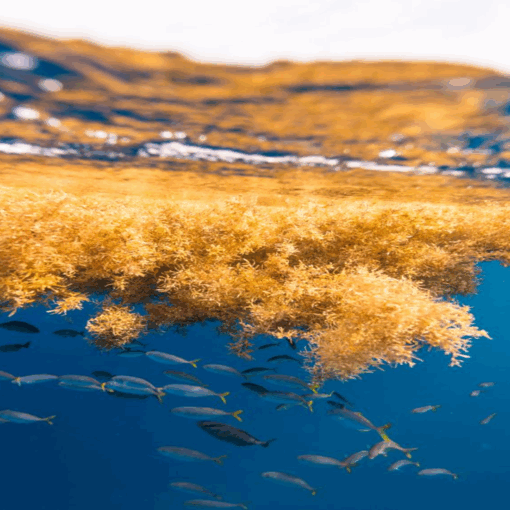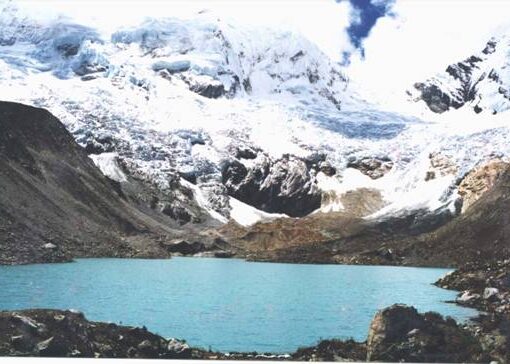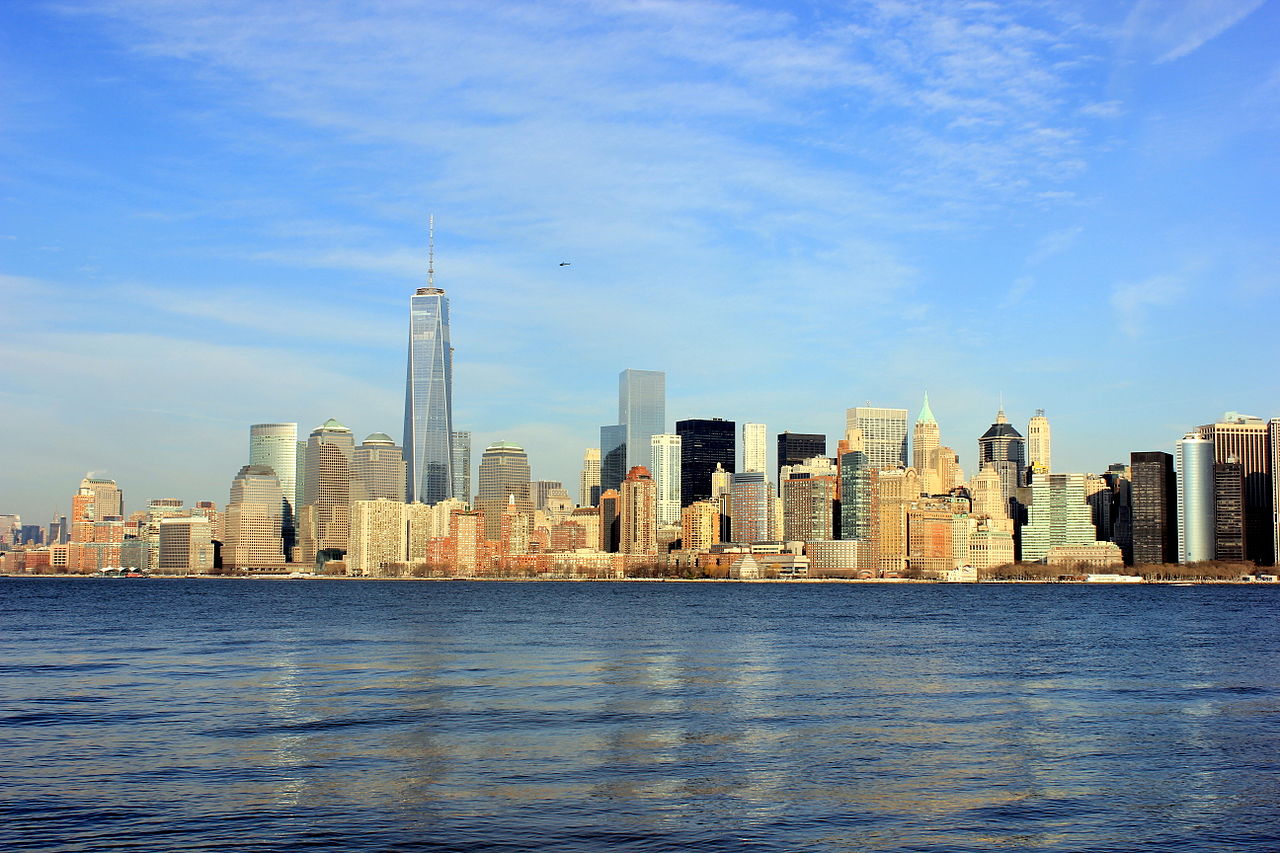
Introduction
It was forty-three degrees Celsius or 109.4 Fahrenheit in Dhaka, Bangladesh on a hot April day and the tin homes of the community members in the informal settlement of Khorail were steadily accumulating heat. Arpitha Kodiveri was there with a group of other climate lawyers trying to understand what litigation can do in these sites of injustice. In her interview with a rickshaw puller whose daughter had to be admitted to the hospital many times during the heatwave, it showed that legal action and response were intrinsically linked with addressing economic inequity, the right to housing, and access to cooling. The question we ask in this blog is what litigation can do in these situations.
In Switzerland, an association of senior women filed a case against the government of Switzerland before the European Court of Human Rights (ECHR) based on the impacts of the heat waves on the health of these older women. The petition extensively documents the health impacts on older women from restrictions on their mobility to reduction in their quality of life. Similarly in a newer case being brought before the ECHR, Müllner v Austria, an individual applicant has argued that his health and wellbeing are severely impacted by heatwaves and Austria has failed to mitigate the impact they have on climate change. As we read these cases we started to think about the communities in Bangladesh wondering how inaccessible litigation was as a form of legal action for climate justice, and yet here were cases speaking about exactly similar impacts. Was climate litigation in the context of heatwaves more accessible to climate victims in the global north?
Courting Heatwaves
As heatwaves become more frequent and severe due to climate change, legal actions are being taken worldwide to hold governments and corporations accountable for their role in exacerbating global warming. These legal battles often aim to enforce stronger emissions regulations, push for the implementation of climate policies, and secure compensation for those affected by extreme heat events. Yet the idea of litigating heat wave impacts remains concentrated in the global north.
Heatwaves have increasingly captured the imagination and the desire for legal action within the climate litigation community. The primary reason for this is developments in attribution science where impacts of disastrous climatic events like heat waves can be attributed to climate change and further to a specific actors based on their percentage contribution to the global stock of greenhouse gases (GHGs). This attribution is valuable as it can serve as a method to level the playing field with fossil fuel majors who have historically not been held accountable for their contribution to climate change. However, producing such attributes from science studies is extremely expensive and time consuming. Organizations like World Weather Attribution (WWA) are making such attribution science studies more accessible by publishing these studies online free of charge. The costs associated with developing attribution science have been one of the major reasons for the inaccessibility of climate litigation in the global south. This is notably problematic in the context of the ongoing effort to hold actors such as big oil and gas accountable within these regions where their operations tend to be extensive.
A quick After a survey of heatwave related cases globally and one is drawn to two specific cases stand out- namely the Multnomah County case filed in the Northwestern United States, which is still pending and the Switzerland Senior Women’s case. In County of Multnomah v. Exxon Mobil Corp., the county is using attribution science alongside alleged violations of state law to hold oil companies responsible for the 69 deaths associated with heat wave events during 2021 and 2022 in the county alone. The Multnomah County case branches off years of work to accredit climate change disasters to big oil corporations. While many environmental lawyers are curious and eager to explore the potential to bring their cases to court using attribution science, funding and accessibility often deter global south nations from being able to bring these cases at home.
As is the case in Multnomah County, litigation requires funding on all fronts, for legal expenses, and attribution science research, among countless other expenditures. Thus, similar attempts at heatwave cases in Bangladesh and India often fall short because of the lack of capital and differing legal networks. Because inequitable accessibility to funding plays such an important role in determining where lawyers can litigate such cases, many are questioning whether it is even the correct path to achieve climate justice, especially for vulnerable groups.
Even when funding is available, bringing these cases to court rarely prompts a quick resolution. In Switzerland, the European Court on Human Rights (ECtHR)ECHR recently ruled that the country was not doing enough to curb climate change, which was disproportionately affecting women and children. While the ECtHR ordered the Switzerland to act, the Swiss Parliament rejected the ruling. Data from the European Implementation Network shows decisions in nearly half of the most significant cases of the past decade are still pending implementation, even though the governments are legally bound to follow the court’s judgments. This cements the realization that climate litigation is inaccessible to climate victims in the global south. Essentially, the rulings in climate related cases are of very little consequence if governments refuse to transform climate law and policy domestically.
The Privilege to Litigate
If climate litigation is meant to produce progressive legal outcomes for climate victims across different geographies, then there is a need to address this privilege to litigate. A recent study by World Weather Attribution showed that the heatwaves in South Asia are thirty times more likely to occur due to climate change. The headlines continue to show how brutal heatwaves have been in South Asia and the Middle East in recent years. Given the grave and unequal impacts of heatwaves internationally there is impetus to be able to make climate litigation more accessible.
Democratization of climate litigation is closely associated with the democratization of attribution science, which is important work being undertaken by WWA. This democratization requires the development of other kinds of legal theories which do not have such a high legal evidentiary threshold. For instance, The High Court of Rajasthan in India took suo moto notice of the disastrous effects of the heatwave and stated that heat waves must be considered national disasters as a way for the state to better assist climate victims. This is one example of the way courts can step in to make litigation more accessible.
The heatwave in Bangladesh is still ongoing and schools that were once shut due to adverse impacts on children are being reopened. As state decisions, policies, and laws are being devised without centering on the needs of climate victims, litigation can prove to be a valuable tool in rearticulating the needs and voices of front-line communities. The privilege to litigate has to be slowly and systematically dismantled to enable lawyers, activists and community members to bring innovative cases forward and to democratize the creation of progressive climate jurisprudence.







